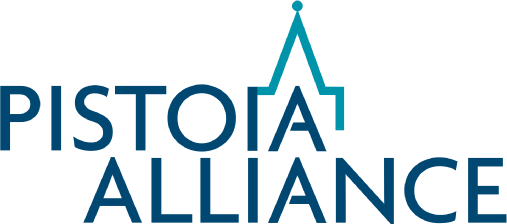New project will help improve safety in life science and chemistry research
 Wilmington, DE – The Pistoia Alliance, a not for profit organization working to improve collaboration in the life sciences industry, has started work on the Chemical Safety Library, a project which will allow for the capture and sharing of previously inaccessible reaction incident information to enhance laboratory safety.
Wilmington, DE – The Pistoia Alliance, a not for profit organization working to improve collaboration in the life sciences industry, has started work on the Chemical Safety Library, a project which will allow for the capture and sharing of previously inaccessible reaction incident information to enhance laboratory safety.
The research enterprise inherently will always involve some risk, as novel compounds are created and new combinations are explored. In addition, data on adverse events that took place in the past or in another organization are difficult to impossible to access when planning new experiments, leading to the potential for repeat occurrences.
The Chemical Safety Library will see the creation of an informatics driven resource to allow all organizations to effectively share chemistry-related incident reports, delivering value from real life incidents and learnings. The data will be collected in a publicly available central resource and rule sets and triggers will be created that can be tied to scientists’ reaction planning tools, so that if an organization should attempt to repeat a procedure that previously resulted in an accident, a warning will be issued.
Through collaboration across the industry and with publishers and suppliers, the Chemical Safety Library will leverage the incident system to define and promote standards to make more traditional hazard information more actionable as well. These outputs will be beneficial as industry and academia strive for continuous improvement in hazard communications.
Dr Steve Arlington, President of the Pistoia Alliance, said: “Chemical safety is something the industry takes very seriously and risks are carefully minimized through regulation and good safety practices, but there is still the risk of unexpected adverse incidents. As the industry relies on experimentation to develop new products, there is no way to eliminate risks entirely, but through the Chemical Safety Library researchers can begin sharing previously inaccessible information on potentially hazardous activities and improve chemical safety for all.”
The launch of the Chemical Safety Library builds on the success of the Pistoia Alliance’s other ongoing projects, HELM (Hierarchical Editing Language for Macromolecules) and the CSCS Expert Community (Controlled Substances Compliance Services), both of which have seen widespread adoption of their outputs throughout the life sciences sector. In addition to these successful projects, the Alliance has recently launched the Ontologies Mapping project, and has announced the finalists for the first Pistoia Alliance President’s Start Up Challenge.
